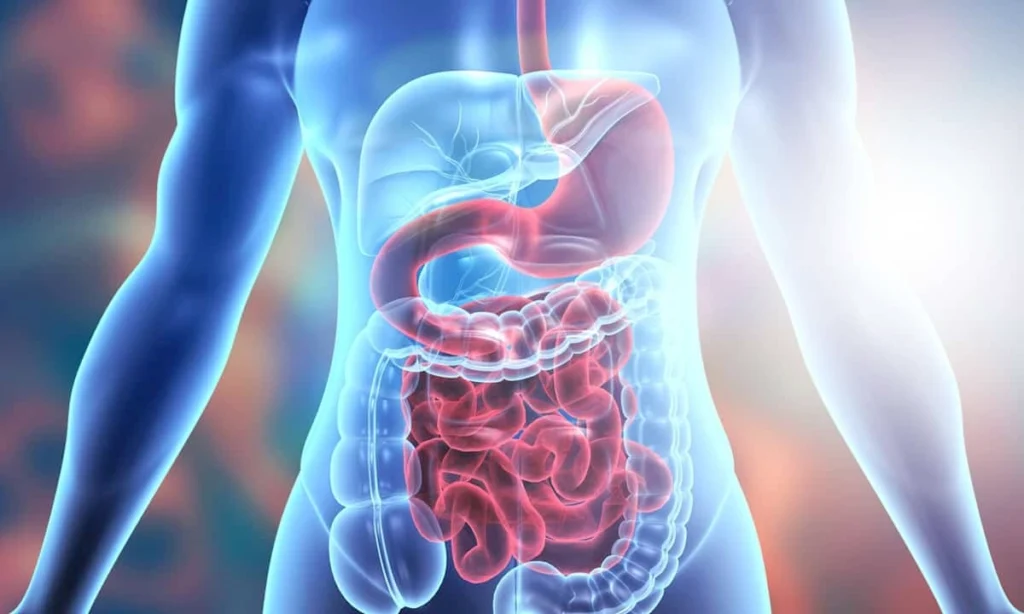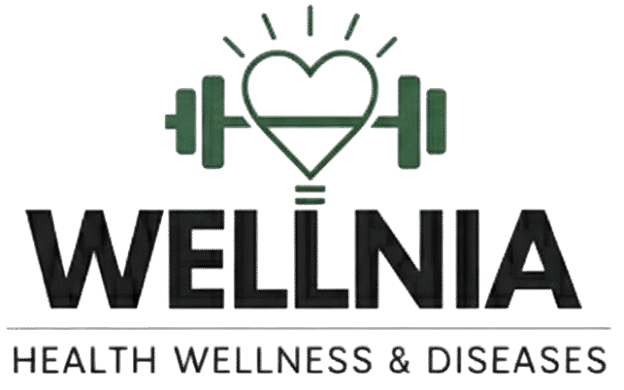Introduction
In today’s fast-paced and technology-driven world, many people spend hours sitting—whether at a desk, in a car, or on the couch. This modern lifestyle has contributed to rising health issues like obesity, heart disease, anxiety, and fatigue. But there’s a simple, powerful solution that can transform your physical and mental well-being: physical activity and exercise.
Exercise and physical activity are not only for athletes or those aiming to lose weight. They are valuable for everyone, regardless of age or how active they currently are. Physical activity refers to any movement that requires energy, such as walking, cleaning the house, or gardening. Exercise is a type of activity, such as running, lifting weights, or doing yoga. When practiced regularly, both can greatly improve your overall health.
Making time for movement each day can drastically improve your quality of life. From lifting your mood to strengthening your heart and sharpening your mind, the rewards of staying active are truly life-changing.In this article, we’ll look at the many ways being physically active and exercising can benefit your body, mind, and overall well-being.
1. Boosts Heart Health ❤️

One of the most well-known benefits of regular physical activity and exercise is its ability to strengthen the heart. When you move your body through walking, cycling, swimming, or any aerobic activity, your heart works harder, which improves its efficiency over time.
Regular movement helps:
- Lower bad cholesterol (LDL)
- Raise good cholesterol (HDL)
- Regulate blood pressure
- Improve overall blood circulation
These effects significantly reduce your risk of heart disease, the leading cause of death globally. Whether it’s a brisk 30-minute walk or a dance session in your living room, every bit of activity contributes to a stronger, healthier heart.
💡 Tip: Aim for at least 150 minutes of moderate-intensity physical activity
2. Enhances Brain Function 🧠
Regular physical activity and exercise don’t just benefit your body—they also have a powerful impact on your brain. When you move your body, you increase blood flow to the brain, which helps deliver more oxygen and nutrients. This improves focus, memory, and mental clarity.
Studies show that people who stay active tend to have:
- Sharper memory
- Better concentration
- Lower risk of dementia and cognitive decline
- Improved problem-solving skills
Exercise also stimulates the release of brain chemicals like dopamine and serotonin, which play a key role in mood and motivation. This makes physical activity one of the most effective natural tools for boosting your mental performance.
💡 Tip: Try activities that combine movement with coordination, like dancing or playing a sport—they challenge your brain while keeping you fit!
3. Improves Mood and Reduces Stress 😊

Feeling anxious, overwhelmed, or low? Just a little movement can make a big difference in how you feel emotionally. Regular physical activity and exercise help your brain release “feel-good” chemicals called endorphins. These natural mood boosters help you feel more relaxed, positive, and calm.
Some benefits include:
- Reduced symptoms of anxiety and depression
- Better ability to handle stress
- Improved emotional resilience
- A sense of achievement and purpose
Whether it’s yoga, a walk in nature, or a gym workout, moving your body regularly is one of the best ways to lift your mood naturally—without side effects.
💡 Tip: On stressful days, try 20–30 minutes of light cardio like walking or cycling to clear your mind and reduce tension.
4. Aids in Weight Management ⚖️
Maintaining a healthy weight isn’t just about what you eat—it’s also about how much you move. Engaging in physical activity and exercise increases your metabolism and helps your body burn more calories throughout the day, even when you’re at rest.
How it helps:
- Burns excess fat and boosts calorie use
- Builds lean muscle, which improves your resting metabolism
- Prevents weight gain from a sedentary lifestyle
- Encourages healthier lifestyle choices overall
Regular exercise combined with a balanced diet is the most sustainable way to manage your weight and keep it off long-term.
💡 Tip: Mix cardio (like brisk walking or dancing) with strength training (like lifting weights or resistance bands) for the best results.
5. Strengthens Muscles and Bones 💪🦴

One of the major advantages of regular physical activity and exercise is that it helps build and maintain strong muscles and bones. This is especially important as we age because our muscle mass and bone density naturally decrease over time.
Weight-bearing exercises—activities where you work against gravity like walking, jogging, climbing stairs, or lifting weights—are particularly effective at improving bone density. Stronger bones mean a lower risk of fractures and conditions like osteoporosis, which causes bones to become weak and brittle.
Besides protecting your bones, regular exercise also:
- Prevents muscle loss (known as sarcopenia) that happens with aging
- Builds muscle strength and endurance, helping with daily activities
- Improves posture, balance, and coordination, reducing the risk of falls
By incorporating activities like resistance training, yoga, or even brisk walking into your routine, you give your muscles and bones the stimulation they need to stay healthy and resilient for years to come.
💡 Tip: Aim to include strength training exercises at least two days a week to support muscle growth and bone health.
6. Boosts Immune System 🛡️

Regular physical activity and exercise play a crucial role in strengthening your body’s defense system. When you stay active, your blood flow improves, which helps immune cells circulate more efficiently throughout your body. This increased circulation means your immune system can detect and respond to harmful bacteria and viruses faster.
In addition, exercise helps reduce inflammation and supports the production of important immune molecules, which boosts your body’s ability to fight off infections. People who engage in moderate physical activity regularly often experience fewer colds and recover more quickly when they do get sick.
By making physical activity and exercise a consistent part of your lifestyle, you support your immune system in protecting you against illnesses and maintaining overall health.
💡 Tip: Aim for regular, moderate exercise such as brisk walking or cycling to keep your immune system strong, but avoid over-exercising as it can temporarily weaken immunity.
7. Increases Energy Levels ⚡

Regular physical activity and exercise can do wonders for your energy. When you move your body, your heart pumps more efficiently, delivering oxygen and nutrients to your muscles and tissues. This improved circulation helps you feel more energetic and less tired throughout the day.
Exercise also enhances your endurance and stamina by strengthening your cardiovascular and respiratory systems. Over time, daily tasks like climbing stairs or carrying groceries become easier because your body adapts and becomes stronger.
In short, staying active combats fatigue and helps you maintain a higher, more consistent level of energy for work, play, and everything in between.
💡 Tip: If you feel sluggish, try a short walk or stretching session instead of reaching for caffeine—it can naturally boost your energy!
8. Enhances Sleep Quality 😴

One of the often overlooked benefits of regular physical activity and exercise is better sleep. When you engage in physical activity during the day, your body naturally becomes more ready for rest at night.
Exercise helps you fall asleep faster and enjoy deeper, more restorative sleep cycles. This happens because physical activity can reduce stress hormones like cortisol and increase the production of sleep-promoting chemicals such as melatonin.
Better sleep not only improves your mood and energy but also supports memory, immune function, and overall health. However, it’s best to avoid vigorous exercise too close to bedtime, as it might make falling asleep harder.
💡 Tip: Aim to finish your workout at least 2-3 hours before going to bed for optimal sleep benefits.
9. Improves Flexibility and Balance 🤸♀️
Regular physical activity and exercise help keep your body flexible and balanced, which is essential for overall mobility and injury prevention. Flexibility allows your muscles and joints to move through their full range of motion, while good balance helps prevent falls and maintain stability, especially as you age.
Exercises like stretching, yoga, Pilates, and balance training strengthen the muscles and improve coordination. This reduces stiffness, relieves muscle tension, and lowers the risk of sprains, strains, and other injuries.
Maintaining flexibility and balance through regular movement allows you to perform everyday activities more easily, from bending to pick things up to walking confidently on uneven surfaces.
💡 Tip: Incorporate stretching and balance exercises into your routine at least 2-3 times a week to see noticeable improvements.
10. Supports Healthy Aging 🌟
Engaging in regular physical activity and exercise is one of the best ways to age gracefully and maintain independence as you grow older. Staying active helps slow down the natural decline in muscle strength, bone density, and flexibility that comes with aging.
Exercise supports healthy aging by:
- Maintaining mobility and balance, which reduces the risk of falls
- Preserving muscle mass, preventing frailty and weakness
- Enhancing heart and lung function for better stamina
- Boosting mental sharpness and reducing the risk of age-related cognitive decline
By making movement a regular habit, you can enjoy a higher quality of life and continue doing the activities you love for many years.
💡 Tip: Focus on a mix of aerobic, strength, and balance exercises to support all aspects of healthy aging.
11. Promotes Better Digestion 🍽️

Regular physical activity and exercise can improve your digestive health by helping food move smoothly through your digestive tract. When you stay active, your body’s metabolism speeds up, which encourages more regular bowel movements and reduces the chances of constipation.
Exercise also increases blood flow to your digestive organs, supporting their function and helping reduce bloating and discomfort. Additionally, staying active may help balance the good bacteria in your gut, which is important for overall digestion and immune health.
By including movement in your daily routine, you can support a healthier, more efficient digestive system.
💡 Tip: Try gentle activities like walking or yoga after meals to aid digestion and prevent sluggishness.
12. Builds Self-Confidence and Discipline 💪✨
Regular physical Exertion and exercise do further than improve your body; they also help strengthen your mind and character. Achieving fitness pretensions, whether big or small, can boost your tone- regard and give you a sense of accomplishment. thickness in exercising develops discipline, focus, and a positive mindset. These habits frequently carry over into other corridors of life, perfecting productivity and overall well-being. Knowing you’re taking good care of your body makes you feel empowered and motivated to keep going.
By making physical exertion a regular part of your life, you make not only strength and health but also confidence and internal adaptability.
💡 Tip: Set realistic pretensions and celebrate your progress to stay motivated and confident on your fitness trip.
Conclusion
Regular physical activity and exercise offer incredible benefits that go beyond just physical health. From boosting your heart and brain function to improving mood, sleep, and digestion, staying active truly transforms every part of your life. The key is to start small, stay consistent, and find activities you enjoy. By moving a daily habit, you’ll not only improve your body but also build confidence, resilience, and a healthier, happier lifestyle. Remember, it’s never too late to experience these life-changing benefits—your journey to better health starts today! learn more about physical activity here
To know about the Best foods to boost your immunity, click here

